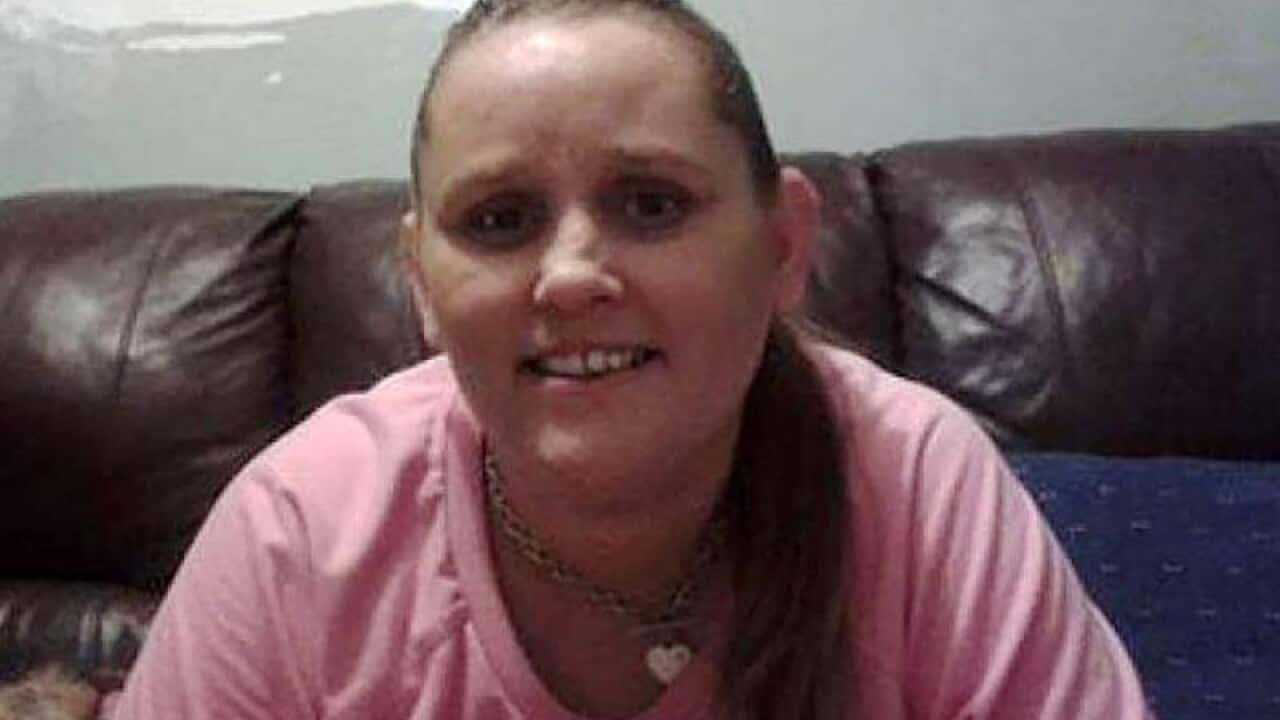Calls are growing for the Victorian government to ban the use of solitary confinement after a scathing report found it to be a "damaging" practice for young people.
On Thursday, the Victorian Ombudsman which looked at solitary confinement at the Port Phillip Prison, Malmsbury Youth Justice Precinct and Secure Welfare Services.
"Legislation and official procedures already acknowledge that children and young people should be isolated only as a last resort and for the minimum time necessary. But we found the procedures do not translate into practice," Victorian Ombudsman Deborah Glass wrote.
"The direct impact is that many of the practices in both our youth justice and prison systems are likely to be contrary to law, incompatible with Victoria's human rights legislation, unjust, oppressive, discriminatory or simply, wrong." Legal Director at the Human Rights Law Centre Ruth Barson told SBS News on Friday that solitary confinement was a "horrific practice" and that legal bans around Australia couldn't come soon enough.
Legal Director at the Human Rights Law Centre Ruth Barson told SBS News on Friday that solitary confinement was a "horrific practice" and that legal bans around Australia couldn't come soon enough.

An image of an "isolation cell" featured in the report. Source: Victorian Ombudsman
"It's probably one of the worst things that we could do to a person in this country," Ms Barson said.
"Just imagine being locked in a tiny room with very minimal light for 22 hours a day or more, without any meaningful human contact. Any human would think that's nightmarish."
She said solitary confinement "can cause people irreversible harm, it can cause hallucinations, psychosis, increase the likelihood of self-harm and suicide".
"With this really confronting evidence in front of him, it should compel [Premier] Daniel Andrews to take the recommendations really seriously and move to ban this archaic, brutal practice."
And Ms Barson said the practice was "ubiquitous" around the country.
"Many governments will employ double-speak terms and talk about 'isolation' or 'behaviour management' but the practice of putting people in concrete cells for 22 hours a day, without any meaningful human contact goes on right across the country," she said.
Political response
On Thursday, Premier Daniel Andrews distanced himself from the report, saying "it's not politicians who determine these things" but his government would act "if we can".
"Corrections Victoria staff in a dynamic environment, a very challenging environment sometimes, they make the judgement about what is the best way to manage the risks that individual prisoners pose," he said.
"Let's not forget they're in these facilities because they pose an unacceptable risk to the safety of all of us."
While opposition education spokeswoman Cindy McLeish said the findings weren't surprising given the ongoing "chaos" and staff turnover in prisons.
The health and corrections departments have accepted Ms Glass' recommendations, but the Victorian government has not officially responded.
'Never been the same'
In the report, one unidentified prisoner said he had "never been the same" after spending nine months in isolation.
The criminal, who was locked up at Port Phillip Prison, recalled being startled at the smallest sounds during their time in solitary confinement. Released straight from isolation to the outside world, the inmate said they were so overwhelmed they "jumped off the bus early and started crying".
Released straight from isolation to the outside world, the inmate said they were so overwhelmed they "jumped off the bus early and started crying".

The report said solitary confinement could mean long-term harm. Source: AAP
"Do you know how hard that is, when the only person you've seen for the last nine months was yourself in the mirror?" they said.
Young people make up about 18 per cent of the state's prison population and have been "disproportionately subject to isolation practices", the report found.
Ms Glass recommended banning the isolation of prisoners for 22 hours or more without meaningful human contact, which is defined as "solitary confinement" by international standards.
She also wanted to ban separation as a punishment, and for isolation to be used to maintain security in an emergency rather than to routinely manage staff shortages.
More than 13,600 lockdowns happened at Malmsbury during a 12-month period, with about 40 per cent attributed to staff shortages.
With additional reporting from AAP



